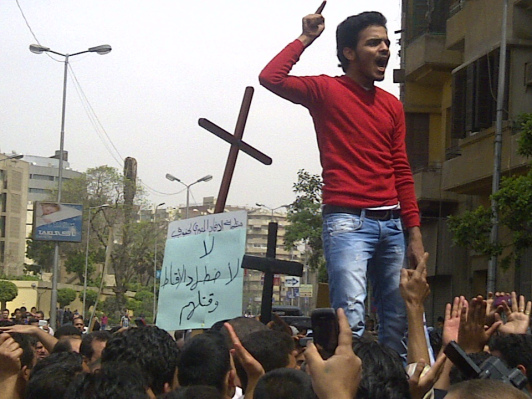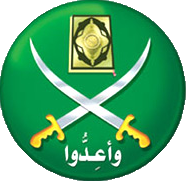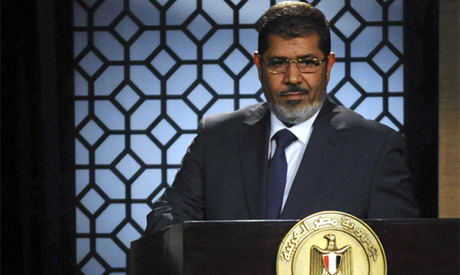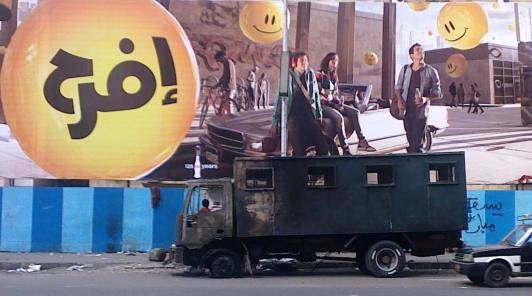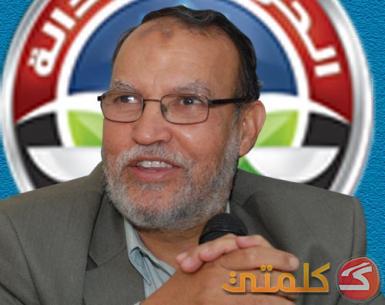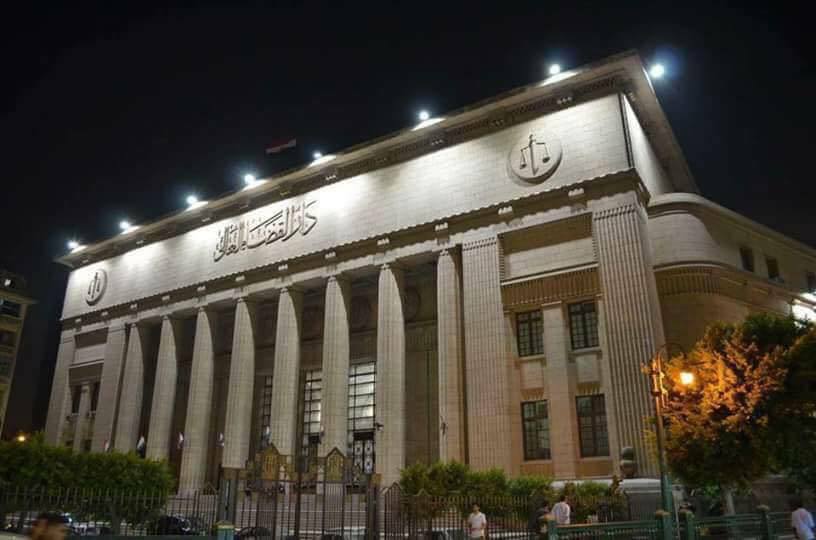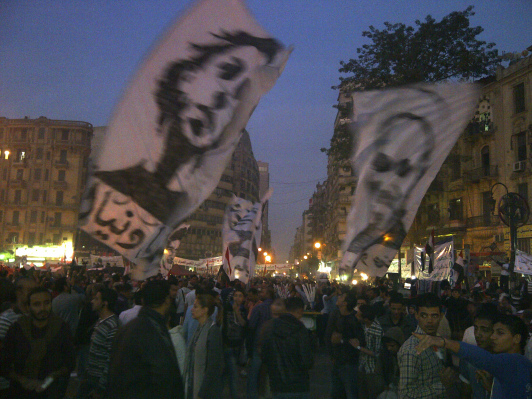Posted on Facebook on April 11, 2013 Yesterday’s Guardian article is big news. The first question of course is whether or not Morsy, and behind him the MB, will do anything about it and summon the courage to hold Egypt’s high brass accountable. There are those who say that time has not come yet for the revolution to take on the army. They point out that other countries, e.g. South Africa, many countries in eastern Europe and South America, took decades before they could be able to dismantle the former regime. We have to crawl before we are able to…
Leave a CommentTag: Muslim Brotherhood
Posted on Facebook on April 9, 2013 This is the official comment from Essam el-Haddad, President Morsy’s Assistant on Foreign Affairs. It is a flagrant expression of how the President and his Muslim Brotherhood completely misread the dangerous situation in Egypt now, and how their discourse (and this statement is a good example of it), is biased and indeed incendiary. First, they are not even getting their facts right: al-Khosous is not in Giza, it is in Cairo next to Shubra. Second, the original incident had nothing to do with Christian symbols. Rather, it involved painting a swastika on a…
Leave a CommentThe Muslim Brotherhood does not have the power to rule Egypt as the Nazis did Germany, but what it can do — and appears to be doing — is by failure open the way for an even graver dictatorship Last August, Wael Abbas, the writer of the well-known blog “Misr Digit@l”, wrote a perceptive article in Al-Badeel newspaper documenting the emergence of armed militias, whether Muslim Brotherhood or Ultras, or thugs or everything in between. He observed that these militias are merely the tip of the iceberg, and what is still submerged indicates a fascist hue that tinges Egyptian state and society.…
Leave a CommentPublished in Ahram Online on February 2, 2013 President Morsi, his group and government, have failed to resolve Egypt’s present crisis, and have deepened it. And while the opposition flounders, only the youth of the revolution can be relied upon. On 28 January 2011, the Friday of Rage, I walked with my friends on a long march from Mustafa Mahmoud Mosque in Mohandiseen towards Tahrir Square. For nearly one hour we chanted what eventually became the slogans of the revolution: “Bread, Freedom, Social Justice” and “Peaceful, Peaceful.” When we reached Galaa Square we were met by legions of State…
Leave a CommentPublished in Ahram Online on February 2, 2013 President Morsi, his group and government, have failed to resolve Egypt’s present crisis, and have deepened it. And while the opposition flounders, only the youth of the revolution can be relied upon On 28 January 2011, the Friday of Rage, I walked with my friends on a long march from Mustafa Mahmoud Mosque in Mohandiseen towards Tahrir Square. For nearly one hour we chanted what eventually became the slogans of the revolution: “Bread, Freedom, Social Justice” and “Peaceful, Peaceful.” When we reached Galaa Square we were met by legions of State Security…
Leave a CommentPublished in Ahram Online on January 13, 2013 Could the exodus of Egyptian Jews in the 20th century be repeated now with other minority communities? Since Muslim Brotherhood leader Dr Esam El-Erian issued his call some two weeks ago to Israeli Jews of Egyptian origins to return to Egypt the social and print media have been abuzz with all kinds of speculation about the meaning, purpose and possible repercussions of this call. And while clear answers are yet to be found, the fact remains that this call has triggered public debate about a topic that has been taboo for decades.…
Leave a CommentPublished in Ahram Online on January 6, 2013 Close inspection of Essam El-Erian’s problematic statement calling Israelis of Egyptian ancestry to return to Egypt reveals Brotherhood leader’s true motives Besides being issued by a prominent leader of the Muslim Brotherhood (MB), the significance of Essam El-Erian’s recent call for Egyptian Jews to return to Egypt can be found in what El-Erian actually said and what he meant by it. As far as one can judge from his tweets, press interviews and TV appearances, the offer appears to be founded on a moral principle and a sense of injustice for what…
Leave a CommentPublished in Ahram Online on December 29, 2012 The public prosecutors who protested against the manner in which the president dealt with the prosecutor-general stand in the tradition of a courageous Cairo Police Commissioner of a century and a half ago The National Archives of Egypt holds a remarkable collection of documents which were produced by 19th-century legal institutions and which attracted the attention of only a handful of historians. The most significant of these institutions is Maglis al-Ahkam, a legal body that was founded in the early 1840s and which was the highest court in the land until it…
Leave a CommentOriginally published in Al-Ahram Weekly, December 20, 2012. In 1805 Mohamed Ali, a young upstart who hailed from Kavala in what is now Greece, who spoke no Arabic and who had no prior links with the land, ended up as governor of Egypt on behalf of the Ottoman sultan. In the few years to follow, he struggled to establish his authority and to restore the productivity of a country ravaged by years of internecine warfare, devastating plagues and foreign invasion. Most seriously, he found himself embroiled in the quagmire of complex Mamluk politics with literally hundreds of Mamluk war lords,…
Leave a CommentPublished in Ahram Online on December 16, 2012 Although the Muslim Brotherhood’s participation in Egypt’s post-revolution democratic transition was essential, the group has since shown it will do anything to hold onto power On 9 February 2011, two days before Mubarak’s ouster, CNN asked me to write an op-ed on its website about the revolution. I did not hesitate, since it was a golden opportunity to send a clear message to US public opinion. I could have written about many things, but I chose to focus on the importance of allowing the Muslim Brotherhood to participate in the political process.…
Leave a Comment
